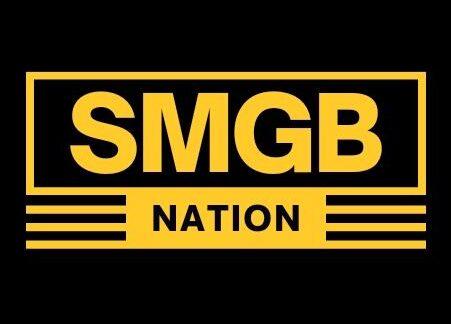

Story:
The Pigeon Tunnel” is an insightful documentary that delves into the life and career of David Cornwell, the renowned English author more widely recognized by his pen name, John Le Carre. Through a combination of personal interviews, archival footage, re-enactments, and captivating anecdotes related to his work, this documentary offers a comprehensive exploration of the man behind the legendary spy novels.



Review:
From the outset of “The Pigeon Tunnel,” John Le Carre references one of his favorite authors, Graham Greene, and quotes Greene’s profound statement, “Childhood is the credit balance of the writer.” This quote effectively encapsulates the life that unfolds throughout the documentary. Much like Le Carre’s mastery of words, the film flows seamlessly, resembling a well-composed memoir. Known for his reluctance to grant many interviews during his lifetime, Le Carre’s candid and free-wheeling conversation in this documentary is a rare treasure. He provides insights into his relationships with his father, mother, Kim Philby, Nicholas Elliott, and the individuals who inspired the iconic characters in his novels.


Errol Morris, the filmmaker and interviewer, expertly navigates the delicate process of peeling back Le Carre’s layers, ultimately uncovering previously unknown information. The questions posed to the author touch upon themes of ‘betrayal,’ a recurring motif in his literary works, and the documentary successfully unravels the roots of this fascination. It is evident that both Le Carre and Morris carefully curated and agreed upon the terms of the interview, as Morris, while probing, does not push beyond certain boundaries. Le Carre handles the questions with a distinct charm, enriched by his upbringing rooted in Oxford, Eton, and British intelligence agencies. His ability to recall childhood memories and life experiences with clarity is intriguing and captivates viewers throughout the documentary.


The documentary commences with an introduction to Ronnie, Le Carre’s father, described as a confident trickster. Ronnie’s involvement in cons, which continued until his son was sent to a boarding school and later attended Oxford, marked the beginning of Le Carre’s fascinating journey. His association with British intelligence agencies searching for individuals who were “bad but loyal” eventually led him into the country’s secret service. Le Carre also shares poignant recollections of his mother, who abandoned him at the age of five, leaving him with few memories aside from a brief moment of contact through her brother. As the documentary unfolds, Le Carre delves into the infamy brought to the nation by Kim Philby and how real-life people he knew and met were intricately woven into the fabric of his novels. Ronnie’s presence remains a recurring theme throughout the interview, a constant thread in Le Carre’s life story.


The interview is conducted in a manor house filled with books and mirrors, offering unconventional angles and creating an atmosphere that evokes a sense of mystery and intrigue, reminiscent of the spy world he often wrote about. 

“The Pigeon Tunnel” distinguishes itself by focusing not only on Le Carre’s literary achievements but also on the man himself. It delves into his personal life, providing a multifaceted perspective that enriches our understanding of both the author and his creations. When Le Carre muses about being referred to as an artist rather than just an author, it challenges our perception of him and the profound impact of his work. This documentary is engaging even for those unfamiliar with Le Carre’s literary legacy.
In sum, “The Pigeon Tunnel” is essential viewing for anyone seeking a deeper understanding of the brilliant mind responsible for some of the finest spy literature of the 20th century. It offers an intimate glimpse into the life and experiences of a literary giant and provides a captivating exploration of the man behind the enduring intrigue and espionage that have captivated readers for generations.
